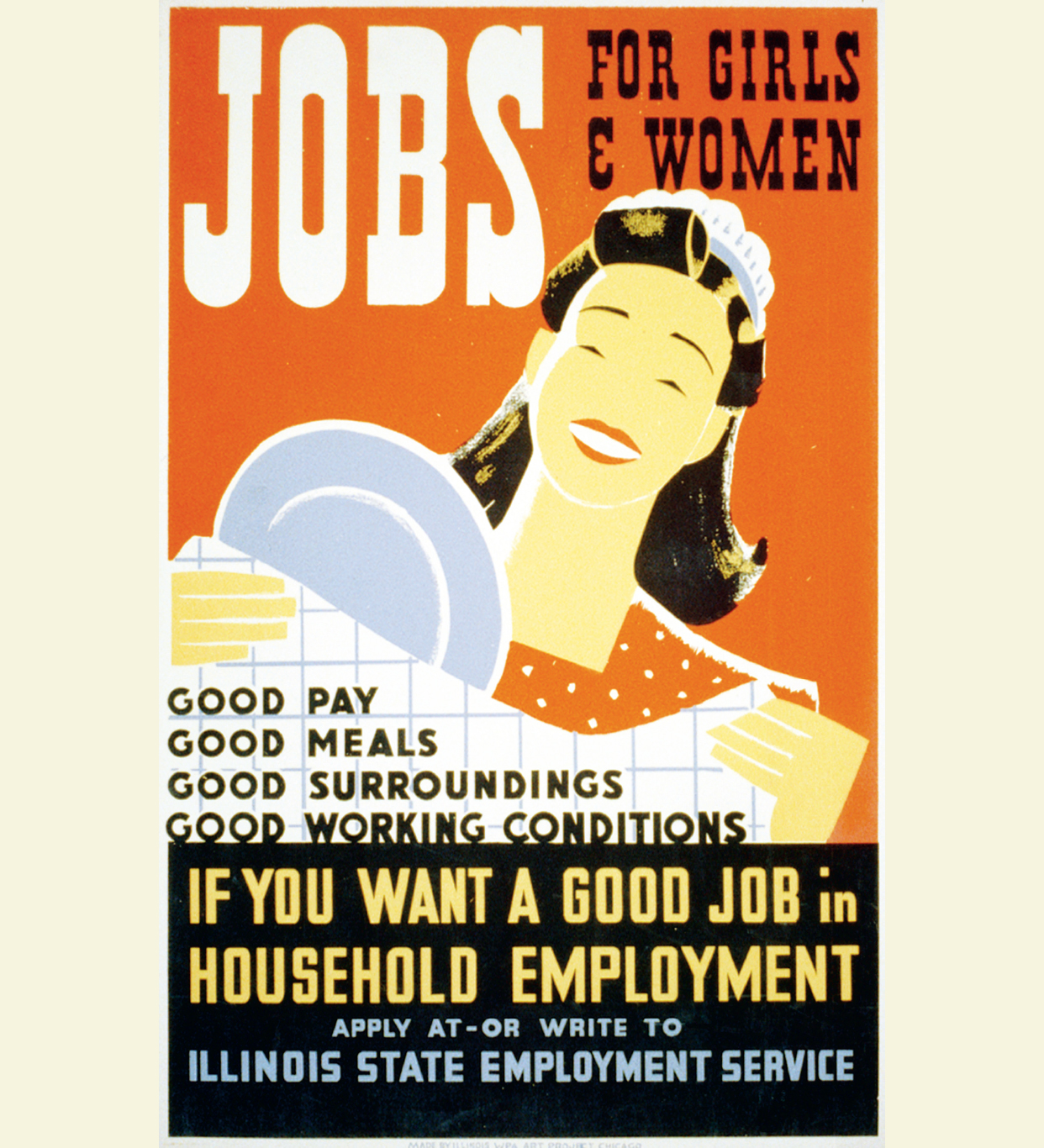America’s History: Printed Page 734
America: A Concise History: Printed Page 665
America’s History: Value Edition: Printed Page 646
Managing the Great Depression, Forging the New Deal
1929–1939
23
CHAPTER
IDENTIFY THE BIG IDEA
What new roles did the American government take on during the New Deal, and how did these roles shape the economy and society?
In his inaugural address in March 1933, President Franklin Delano Roosevelt did not hide the country’s precarious condition. “A host of unemployed citizens face the grim problem of existence,” he said, “and an equally great number toil with little return. Only a foolish optimist can deny the dark realities of the moment.” Roosevelt, his demeanor sincere and purposeful, saw both despair and determination as he looked out over the country. “This nation asks for action, and action now.” From Congress he would request “broad Executive power to wage a war against the emergency, as great as the power that would be given to me if we were in fact invaded by a foreign foe.” With these words, Roosevelt launched a program of federal activism — which he called the New Deal — that would change the nature of American government.

The New Deal represented a new form of liberalism, a fresh interpretation of the ideology of individual rights that had long shaped the character of American society and politics. Classical nineteenth-century liberals believed that, to protect those rights, government should be small and relatively weak. However, the “regulatory” liberals of the early twentieth century had safeguarded individual freedom and opportunity by strengthening state and federal control over large businesses and monopolies. New Deal activists went much further: their social-welfare liberalism expanded individual rights to include economic security. Beginning in the 1930s and continuing through the 1960s, they increased the responsibility of the national government for the welfare of ordinary citizens. Their efforts did not go unchallenged. Conservative critics of the New Deal charged that its “big government” programs were paternalistic and dangerous, undermining individual responsibility and constraining personal freedom. This division between the advocates and the critics of the New Deal shaped American politics for the next half century.

|
To see a longer excerpt of Roosevelt’s inaugural address, along with other primary sources from this period, see Sources for America’s History. |
Before Roosevelt was elected president, between the onset of the depression in 1929 and November 1932, the “dark realities of the moment” wore down American society. Rising unemployment, shuttered businesses, failing banks, and home foreclosures tore at the nation’s social fabric. As crisis piled upon crisis and the federal government’s initiatives under President Hoover proved ineffectual, Americans had to reconsider more than the role of government in economic life: they had to rethink many of the principles of individualism and free enterprise that had guided so much of the nation’s history.